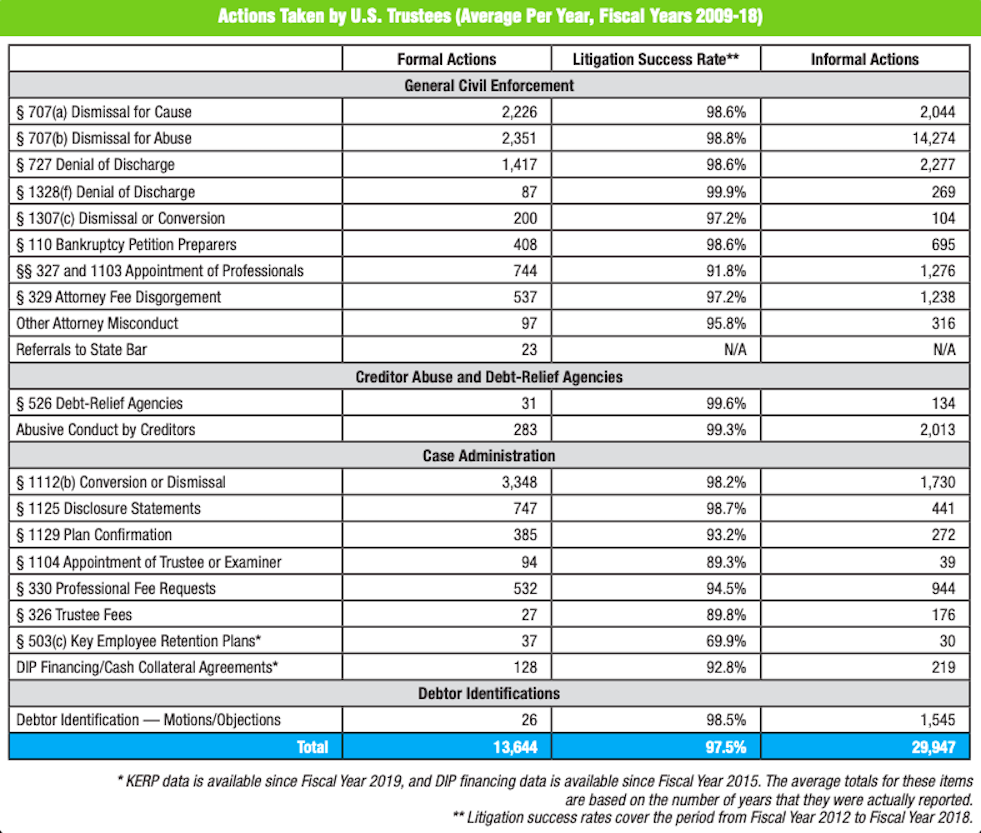Wednesday, May 22, 2019
Please note that in order to view the content for the
Bankruptcy Headlines
please
log in
if you are already an ABI member, or otherwise you may
Become an ABI Member
Monday, May 20, 2019
Please note that in order to view the content for the
Bankruptcy Headlines
please
log in
if you are already an ABI member, or otherwise you may
Become an ABI Member
To amend title 11, United States Code, to include certain pension as administrative expenses in bankruptcy, and for other purposes.
Thursday, May 9, 2019


